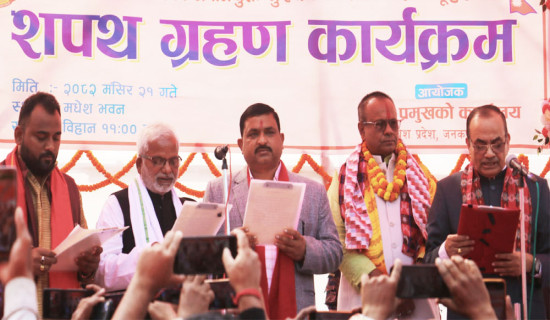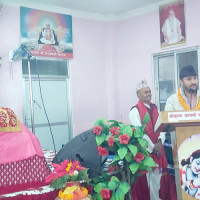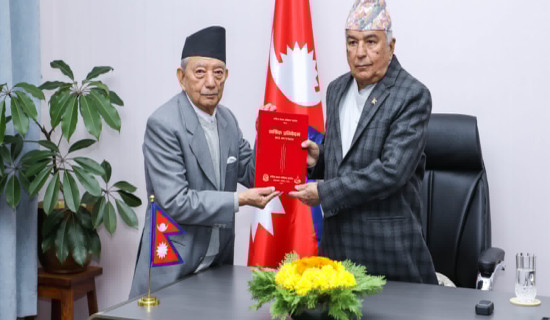- Sunday, 7 December 2025
Milestone Civil Service Bill
In a historic move, the House of Representatives (HoR) Sunday endorsed the much-awaited Federal Civil Service Bill, 2082, crucial for the implementation of the federal administrative structures as envisioned by the Constitution of Nepal 2015. The Bill got the nod following inordinate delays and heated deliberations on its provisions and contentious contents. The provision on a two-year cooling-off period triggered much debate, with political parties and top bureaucrats butting heads. Initially, the Bill included a provision that bars civil servants from getting public appointments, both constitutional and diplomatic, for two years after their retirement. But the lawmakers were taken aback when they found a provision in the Bill, which excluded the retired civil servants from being appointed in areas except for constitutional or diplomatic positions and those appointed by the government.
They have sensed that there was a hidden move to insert this provision, which has violated a consensus reached at the State Affairs Committee, and vowed to rectify it. There was a tug of war between the lawmakers and government secretaries over the cooling-off period. Secretaries also lobbied for removing this provision that prevented them from holding the constitutional and ambassadorial posts. The cooling-off periods discourage the tendency of civil servants to curry favour with power corridors for getting coveted yet prestigious posts while maintaining fairness and neutrality in public service. It sought to bar them from making biased decisions to please those in the ruling parties.
Another important change from the previous provision is related to the retirement age of civil servants, which has been extended by two years from the current 58 years. Behind the rationale of extending the retirement age up to 60 years is the increase of Nepalis' life expectancy (71.3 years) as per the 2021 census. The upper limit of the entry in the service for women has been reduced to 39 years, which was 40 years earlier. The upper limit of service entry for males was proposed to be 33 years, and for women, it was proposed to be 37 years, which had received widespread criticism. Likewise, the bill has created the position of Additional Secretary and it proposes reinstating the position of additional secretary in the civil service. The Additional Secretary will occupy the 13th level in the civil service hierarchy, while the Secretary and Chief Secretary will hold the 14th and 15th levels, respectively.
With the passing of this Bill, the door for inter-provincial transfer of civil servants has opened. The bill also stipulates that no employee can be transferred before completing at least one year in their current position. This provision discourages the arbitrary transfer of civil servants, which establishes a sense of stability. The Bill has, to a large extent, addressed the grievances of the civil servants. Now it is time for bureaucracy to be people-oriented and give efficient, timely and quality services to the citizens for the Bill envisions the administrative federalism that devolves rights and powers to the subnational governments. Despite the demand from different sections to end unionism, the Bill has given continuity to the rights of trade unions to organise and push for collective bargaining powers. Upon the approval of the Bill, Speaker Devraj Ghimire hailed it a historic step toward the successful implementation of federalism.
















